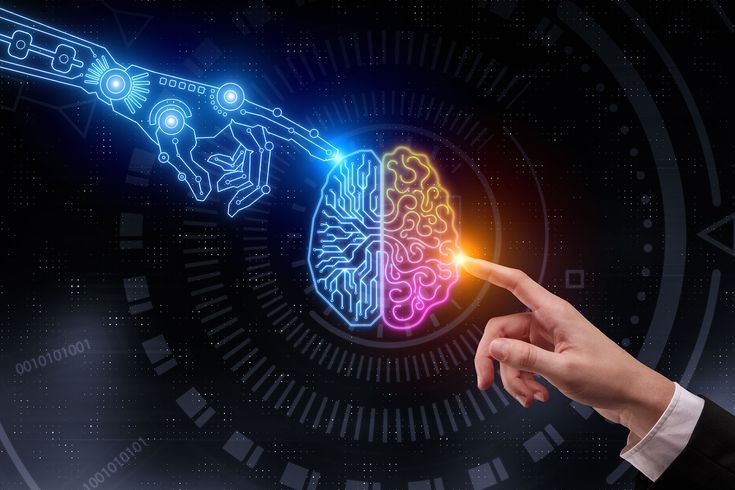Artificial Intelligence (AI) is revolutionizing the way we live, work, and interact. From everyday tasks to complex decision-making processes, AI is reshaping various aspects of human life. Let’s explore the profound impact of AI across different domains:
1. Automation and Efficiency:
AI-powered automation is streamlining industries by handling repetitive tasks with precision and speed. This allows humans to focus on more creative and strategic endeavors, enhancing productivity across sectors such as manufacturing, logistics, and customer service.
2. Personalization in Technology:
AI algorithms analyze vast amounts of data to personalize user experiences. From personalized recommendations on streaming platforms to tailored shopping suggestions, AI enhances convenience and satisfaction by understanding individual preferences.
3. Healthcare Advancements:
In healthcare, AI facilitates early disease detection through medical imaging analysis and predictive analytics. AI-powered chatbots provide immediate medical advice, improving patient care accessibility and reducing healthcare costs.
4. Education and Learning:
AI-enabled adaptive learning platforms cater to individual learning styles, offering personalized tutoring and feedback. Virtual assistants also assist educators in administrative tasks, allowing them to focus more on teaching.
5. Enhanced Safety and Security:
AI enhances public safety through facial recognition systems, predictive policing models, and cybersecurity protocols. These technologies help prevent crime, protect sensitive data, and ensure safer living environments.
6. Environmental Impact:
AI plays a crucial role in environmental sustainability efforts. It optimizes energy consumption in smart grids, predicts climate patterns for better resource management, and assists in wildlife conservation through data analysis.
7. Ethical Considerations:
However, the widespread adoption of AI raises ethical concerns regarding privacy, bias in algorithms, and job displacement due to automation. Addressing these challenges requires careful regulation and ethical guidelines to ensure AI benefits society equitably.
Conclusion:
In conclusion, artificial intelligence is transforming human life in profound ways, from revolutionizing industries to improving healthcare outcomes and advancing environmental sustainability. Embracing AI responsibly and ethically is crucial for harnessing its full potential while mitigating its risks. As AI continues to evolve, its impact on society will undoubtedly shape the future of humanity, making it imperative to navigate this transformative era thoughtfully and inclusively.




